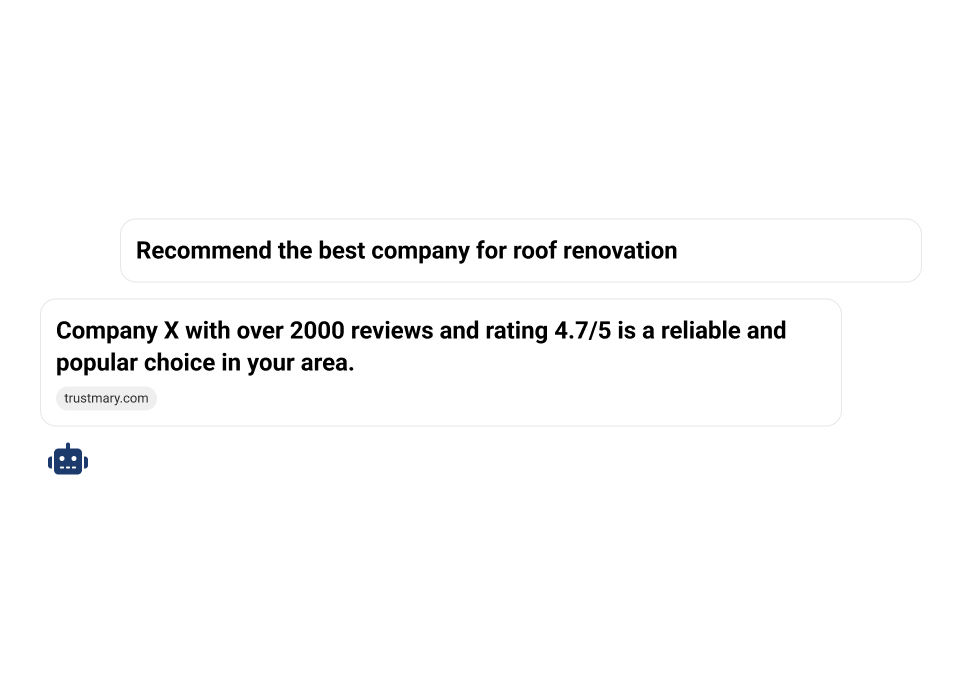Make your customer experience visible
to AI and people
Measure and analyze customer experience, collect feedback and reviews automatically, showcase your true customer voice. Make sure your brand is visible and trusted in all modern customer acquisition channels – including AI search.
Trusted by 1800+ companies all over the world










































Up to 4 times more responses
Get feedback and reviews with 3-in-1 surveys
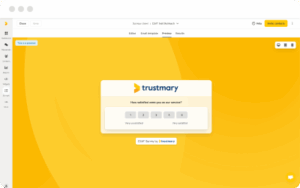
Measure customer satisfaction, get open feedback, and collect reviews at the same time with one branded survey.
Improve your business using feedback
Analyze feedback and reviews and turn them into insights
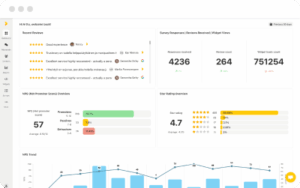
Turn customer feedback and online reviews into actionable insights with AI-powered analysis and reporting tools.
Build trust with reviews
Add reviews to website, search engines and more
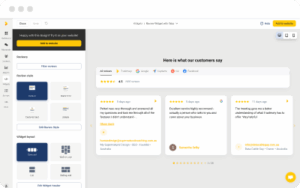
Share reviews in all channels. Add reviews to website, share them on social media, and build reputation in search engines and AI tools.
Reviews help you get mentioned in AI search
Search has changed. Traditional Google search makes space for AI overviews and AI chats like Gemini and ChatGPT. Website visits are declining.
Businesses must gain visibility in these new AI search channels.
Authentic reviews and the Trustmary profile page make you brand easy to find and recommend by AI.
Not just another feedback tool
Simplify your feedback collection and social proof efforts with one tool. Turn feedback into actionable insights and use it effectively – not just internally,
but also as a marketing asset.
On a mission to restore trust between businesses and customers
The world is full of distrust, but we want to change that. Customers deserve real, unbiased opinions about businesses to make confident decisions. We inspire businesses to grow by embracing authentic customer feedback and showcasing it transparently.
Hear it from our customers
Trust builds business in all industries
Trust is essential in all industries. We help companies to embrace the power of social proof in the digital era.
Customer insights help the whole organization
Make customer experience a priority across business functions
From feedback to revenue – automatically
Automatic workflows for feedback and reviews lead to real results.
2-4 times more survey responses
30 % conversion rate from feedback to review
20 % more leads or sales from website
Automate and integrate
Trustmary seamlessly integrates with your other daily tools, and creates automation flows that make your work easier.
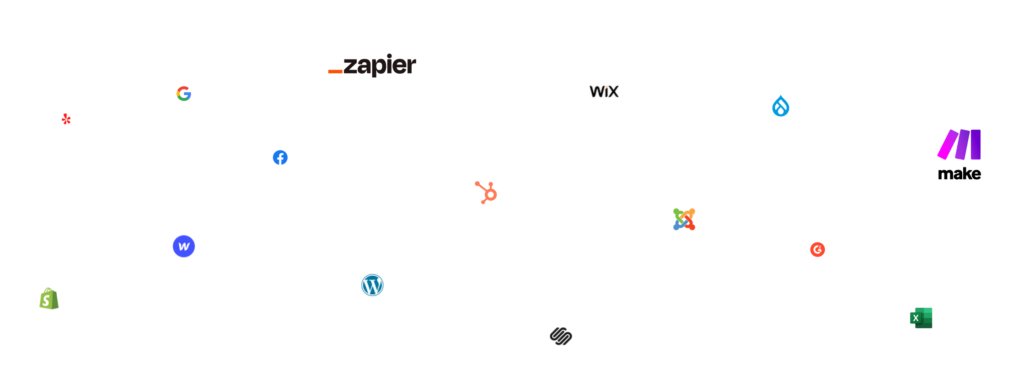
Case studies show real life results
Businesses across the globe and different industries have achieved great results with Trustmary.
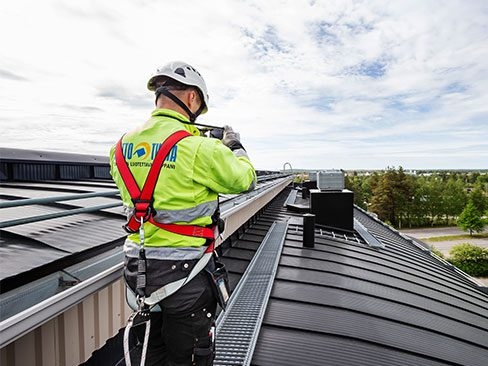

Case Kattotutka: Over 60% Increase in Contact Requests
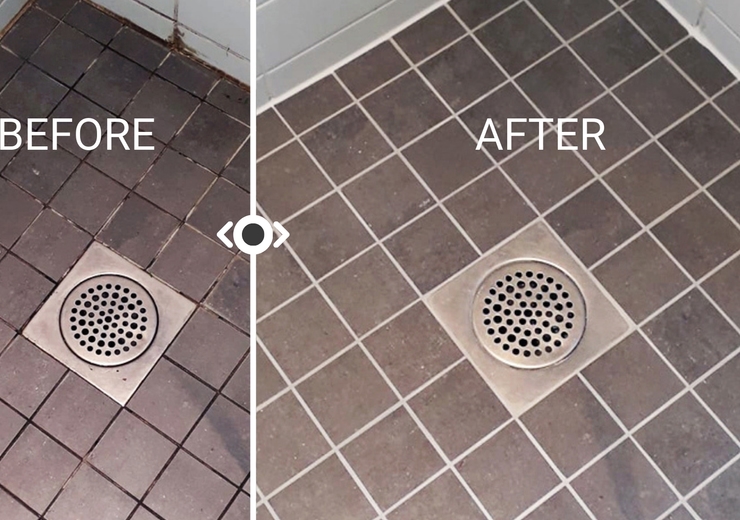

Hohdepinnoitus: Customer Insight at the Heart of Growth


Oivatek: 127 Reviews in Six Months, 75% Survey Completion Rate
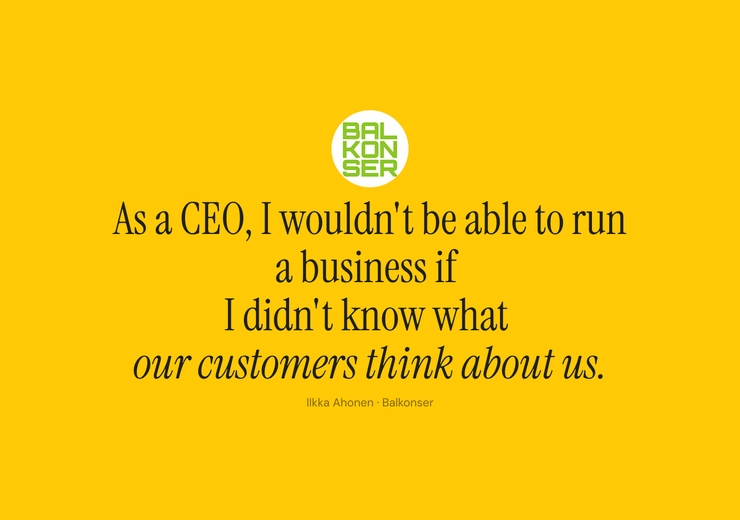

Balkonser: Turning NPS Data to Better Decisions and Growth
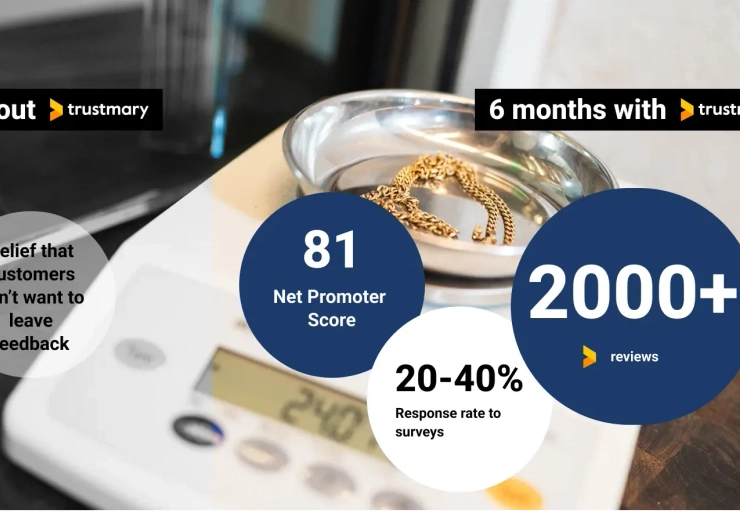

Jalonom: The Power of Feedback Surprised The Family Business


Potters Resorts Collects 37% More Reviews with Trustmary


Vainu: Better Feedback Leads to More Sales
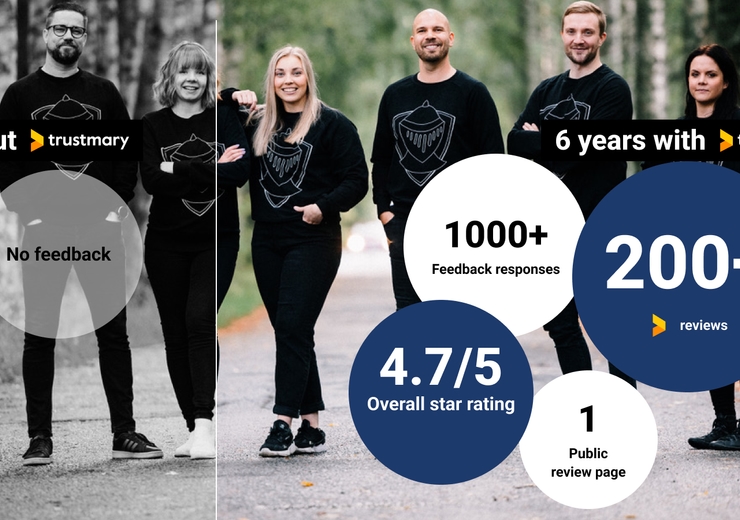

Perintäritari: Customer Feedback Is the Best Marketing


Balanced Growth Boutique: Improving Google Profile and Website with Reviews


Case Wannado: Feedback Tripled with Trustmary and CRM


Sellai Oy: Improving the Product and Acquiring More Customers with Reviews


Potters Resorts Collects 37% More Reviews with Trustmary


Vanajanlinna: €40,000 Worth of Contact Requests from Website in 2 Months
From people to people
We are here to help!
Trustmary is made in the world’s happiest country, Finland, and used worldwide. We trust in human touch and our praised support team is there for you. Not just a software but dedicated support for your success.
